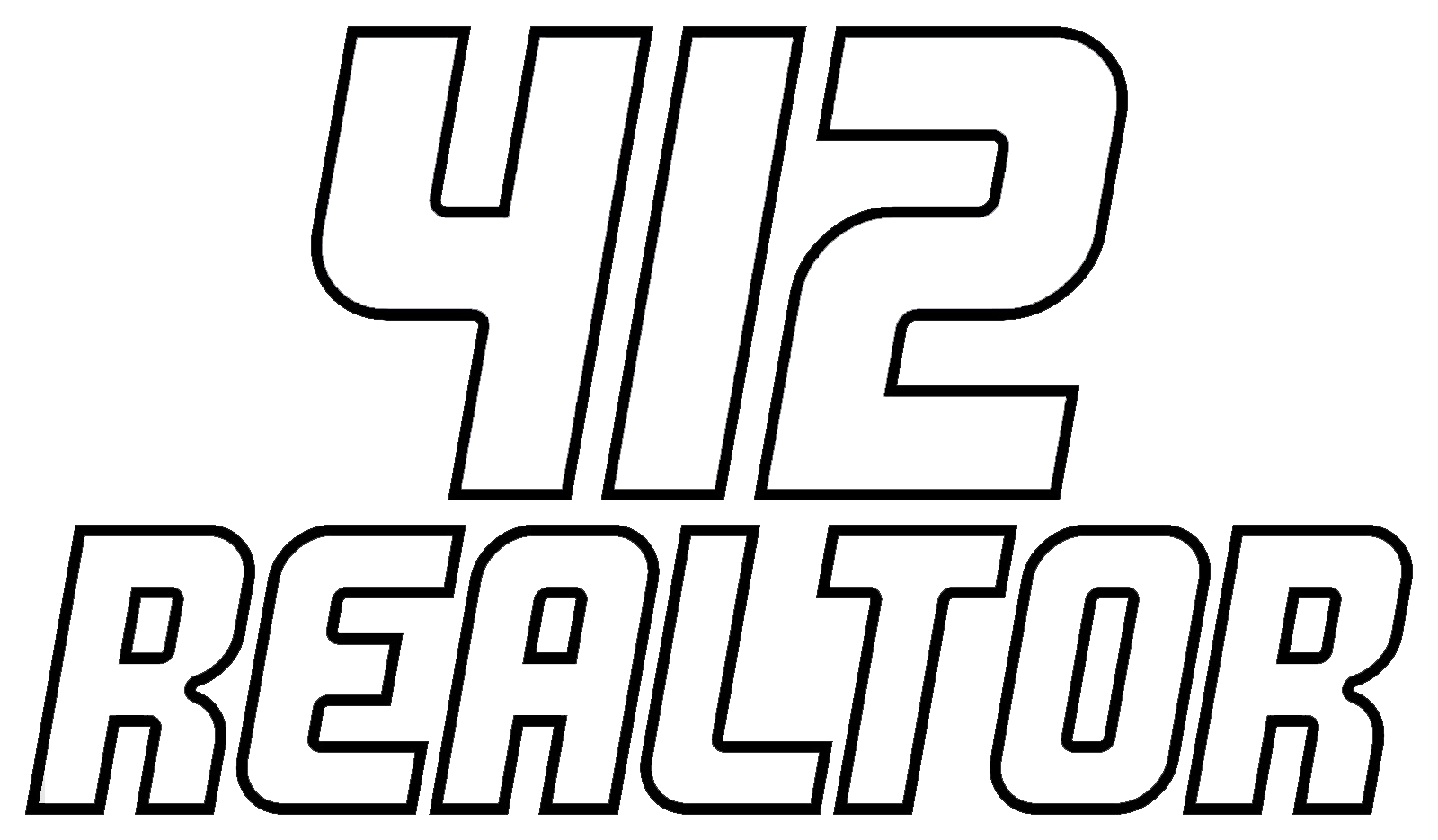If you’re planning to sell your home, one of your first questions is likely, “What is my house worth?” It’s a simple question with not-so-simple answers.
That’s because there are two key values that play major roles in a real estate transaction:
- Market Value
- Appraised Value
Though they both attempt to define your home’s worth, they serve very different purposes, are calculated through different methods, and can sometimes lead to very different numbers — potentially affecting your sale.
💡 What Is Market Value?
Market value is the price a buyer is willing to pay for your home in the current market, often based on what similar homes have recently sold for. This value is not set in stone — it’s influenced by a mix of emotional, economic, and situational factors.
🔍 How Market Value Is Determined:
- Comparable Sales (Comps): Recently sold homes in your area with similar features
- Current Market Conditions: Buyer’s or seller’s market, interest rates, inventory
- Location: Schools, transit, shopping, neighborhood desirability
- Condition & Appeal: Curb appeal, updates, staging, overall presentation
- Buyer Motivation: Emotional or competitive reasons to offer above market
Example: If three similar homes sold for around $500,000, and demand is high, your home’s market value may also fall in that range—even if it has minor differences.
🧾 What Is Appraised Value?
Appraised value is a formal estimate determined by a licensed appraiser, usually ordered by the buyer’s lender. It ensures the lender isn’t loaning more than the home is worth.
🛠️ How Appraisers Evaluate Your Home:
- Comparable sales
- Square footage and layout
- Age and condition of the property
- Lot size and location
- Recent renovations or updates
- Neighborhood market trends (based on historical data)
Appraised value is more conservative and data-driven — it does not consider emotional appeal or buyer competition.
⚠️ Why Market Value and Appraised Value Can Differ
While they sometimes align, they often don’t — especially in a fast-moving market.
✅ Scenario 1: Market Value is Higher than Appraised Value
- The buyer must cover the gap in cash
- You may be asked to lower the price
- The sale may fall through if financing can’t be resolved
✅ Scenario 2: Appraised Value is Higher than Market Value
Less common, but it can happen. In this case, buyers may not offer the higher amount, and your sale price could still reflect market conditions instead.
🧠 Why This Matters for Sellers
🎯 1. Set a Realistic Price
Overpricing can stall your sale, while underpricing can leave money on the table. Knowing both values helps you hit the sweet spot.
🧾 2. Avoid Appraisal Surprises
If your home appraises low compared to the offer, the deal may get complicated. Prepare for this by understanding appraisal expectations ahead of time.
🤝 3. Strengthen Negotiations
When you’re confident in your pricing and backed by data, you’re in a stronger position to negotiate — especially if multiple offers come in.
✅ Pro Tips for Sellers
- Request a Comparative Market Analysis (CMA) from your real estate agent
- Consider a pre-listing appraisal, especially for unique or high-value properties
- Keep your home in top condition — clean, updated, and well-presented
- Document all recent upgrades or repairs for the appraiser
🔚 Final Thoughts: Know Your Numbers, Sell With Confidence
Understanding the difference between market value and appraised value helps you make informed decisions, price your home strategically, and navigate negotiations more effectively.
Thinking of selling? Let’s start with a no-obligation home value assessment — and create a strategy that gets your home sold for the best price, on your timeline.




